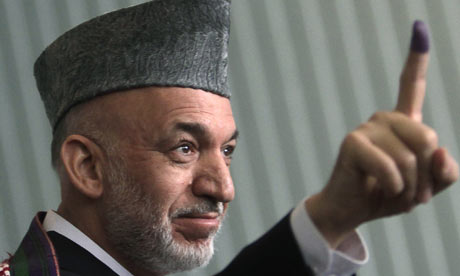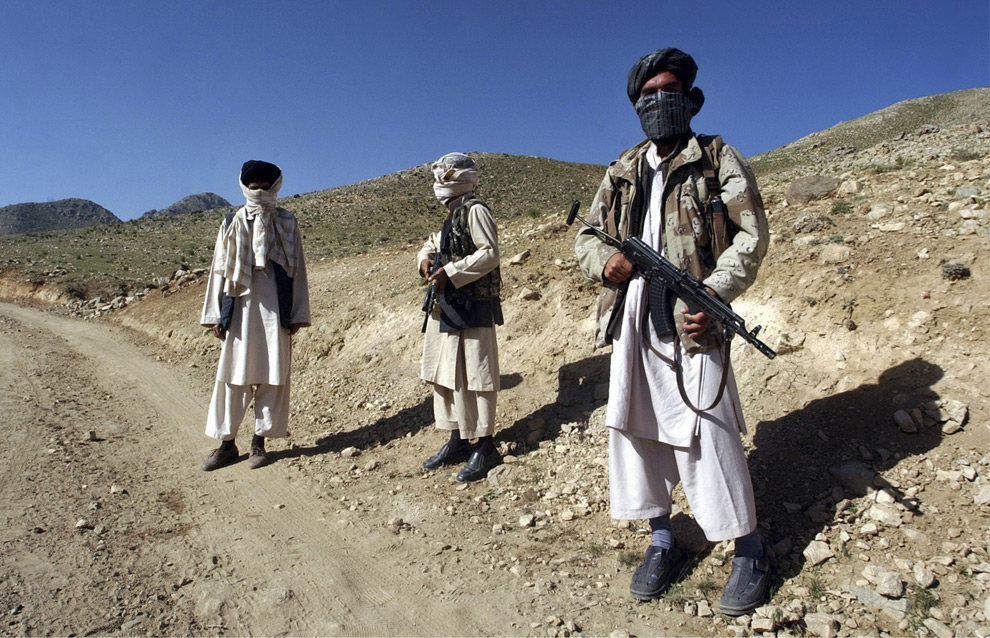[fblike]
 Two weeks ago, the North Atlantic Treaty Organization (NATO) ended Operation Enduring Freedom in Afghanistan. Beginning shortly after the September 11 terror attacks, Operation Enduring Freedom produced the fall of the Taliban government, scattered remnants of the al-Qaeda terrorist network, and attempted to provide protection and humanitarian assistance to the Afghan people. Operation Freedom’s Sentinel will replace Operation Enduring Freedom, with the United States leading a contingent of 13,000 foreign troops who will continue to provide training and intelligence services to Afghan security forces and support for counterterrorism operations. President Barack Obama has called for a drawdown of all American forces from Afghanistan by 2016, with only 1,000 remaining in a non-combat capacity. However, 2014 was the deadliest year on record in Afghanistan as more than 5,000 Afghan troops and 10,000 civilians were killed. Since the American withdrawal from Iraq in 2011 produced the rise of the Islamic State, opponents of the President’s drawdown plan argue that the same fate could befall Afghanistan, thereby erasing the gains that NATO troops made since 2001. New Afghan President Ashraf Ghani has also expressed hesitation about the withdrawal of more American and foreign troops from Afghan territory, warning last week that a future withdrawal should be based on mutual interests and not rigid timetables.
Two weeks ago, the North Atlantic Treaty Organization (NATO) ended Operation Enduring Freedom in Afghanistan. Beginning shortly after the September 11 terror attacks, Operation Enduring Freedom produced the fall of the Taliban government, scattered remnants of the al-Qaeda terrorist network, and attempted to provide protection and humanitarian assistance to the Afghan people. Operation Freedom’s Sentinel will replace Operation Enduring Freedom, with the United States leading a contingent of 13,000 foreign troops who will continue to provide training and intelligence services to Afghan security forces and support for counterterrorism operations. President Barack Obama has called for a drawdown of all American forces from Afghanistan by 2016, with only 1,000 remaining in a non-combat capacity. However, 2014 was the deadliest year on record in Afghanistan as more than 5,000 Afghan troops and 10,000 civilians were killed. Since the American withdrawal from Iraq in 2011 produced the rise of the Islamic State, opponents of the President’s drawdown plan argue that the same fate could befall Afghanistan, thereby erasing the gains that NATO troops made since 2001. New Afghan President Ashraf Ghani has also expressed hesitation about the withdrawal of more American and foreign troops from Afghan territory, warning last week that a future withdrawal should be based on mutual interests and not rigid timetables.
This topic brief will provide an assessment of Afghanistan’s progress during Operation Enduring Freedom, discuss how President Obama may handle Afghan policy over the next two years, and assess whether Afghanistan will need a sizable international presence beyond 2016.
Readers are also encouraged to use the links below and in the related R&D to bolster their files about this topic.




 Here is today’s premium R&D to accompany
Here is today’s premium R&D to accompany  Today’s R&D covers Afghanistan’s new government. Ashraf Ghani was sworn in as the country’s new president on Monday. Ghani’s ascension to the office marks the first democratic transfer in Afghani history. Ghani has signed a Bilateral Security Agreement (BSA) with the United States that would allow 10,000 soldiers to remain in the country after the North Atlantic Treaty Organization’s (NATO) mandate expires in December.
Today’s R&D covers Afghanistan’s new government. Ashraf Ghani was sworn in as the country’s new president on Monday. Ghani’s ascension to the office marks the first democratic transfer in Afghani history. Ghani has signed a Bilateral Security Agreement (BSA) with the United States that would allow 10,000 soldiers to remain in the country after the North Atlantic Treaty Organization’s (NATO) mandate expires in December. Two weeks ago, the nation of Afghanistan held its second presidential election since the U.S. invasion of the country in 2001. President Hamid Karzai was looking for another term in office against 39 other candidates, the most notable of which was Dr. Abdullah Abdullah, a ethnic Tajik who was a former foreign minister in the Afghan government. The election was seen as a measuring stick of how stable, or unstable, Afghanistan has become over the last several years.
Two weeks ago, the nation of Afghanistan held its second presidential election since the U.S. invasion of the country in 2001. President Hamid Karzai was looking for another term in office against 39 other candidates, the most notable of which was Dr. Abdullah Abdullah, a ethnic Tajik who was a former foreign minister in the Afghan government. The election was seen as a measuring stick of how stable, or unstable, Afghanistan has become over the last several years. Overview
Overview